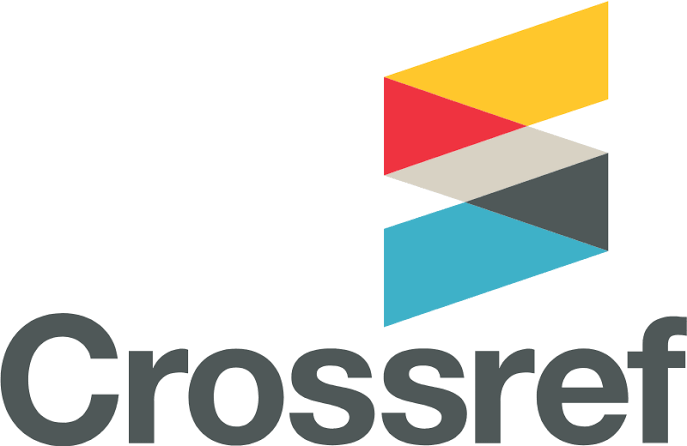DEVELOPMENT OF CIRCULAR ECONOMY PROGRAMME IN NIGERIAN UNIVERSITIES: ROLES OF NATIONAL UNIVERSITIES COMMISSION
DOI:
https://doi.org/10.59795/m.v1i2.174Keywords:
Circular economy; higher education; National Universities Commission; Nigeria; policy; capacity building; monitoring and evaluation; university-industry partnershipsAbstract
The circular economy (CE) offers a systems-level alternative to the dominant linear “take–make–waste” model by keeping materials and products in use and regenerating natural systems. Universities are strategic actors in that transition because they educate future professionals, conduct research, and manage large campus estates — all of which present opportunities for circular practices. This chapter examines the roles the National Universities Commission (NUC) can play to accelerate circular economy programmes across Nigerian universities. It argues that NUC’s statutory powers (policy guidance, programme approval, and quality assurance) position it to: (1) issue national policy and implementation guidelines for university circularity; (2) coordinate and fund capacity-building for administrators, academics and technical staff; (3) broker multi-stakeholder partnerships (industry, government, NGOs); and (4) establish monitoring and evaluation (M&E) systems and accreditation criteria that reward circular practices. The chapter situates these roles in established CE scholarship and higher-education practice, and offers practical recommendations for NUC action (policy templates, training curricula, pilot campuses, and national M&E indicators). Implementing these measures will align Nigerian universities with national circular economy goals and international good practice.
Downloads
Published
How to Cite
Issue
Section
License
Copyright (c) 2025 Multi-Disciplinary Research and Development Journals Int'l

This work is licensed under a Creative Commons Attribution-NonCommercial-NoDerivatives 4.0 International License.












